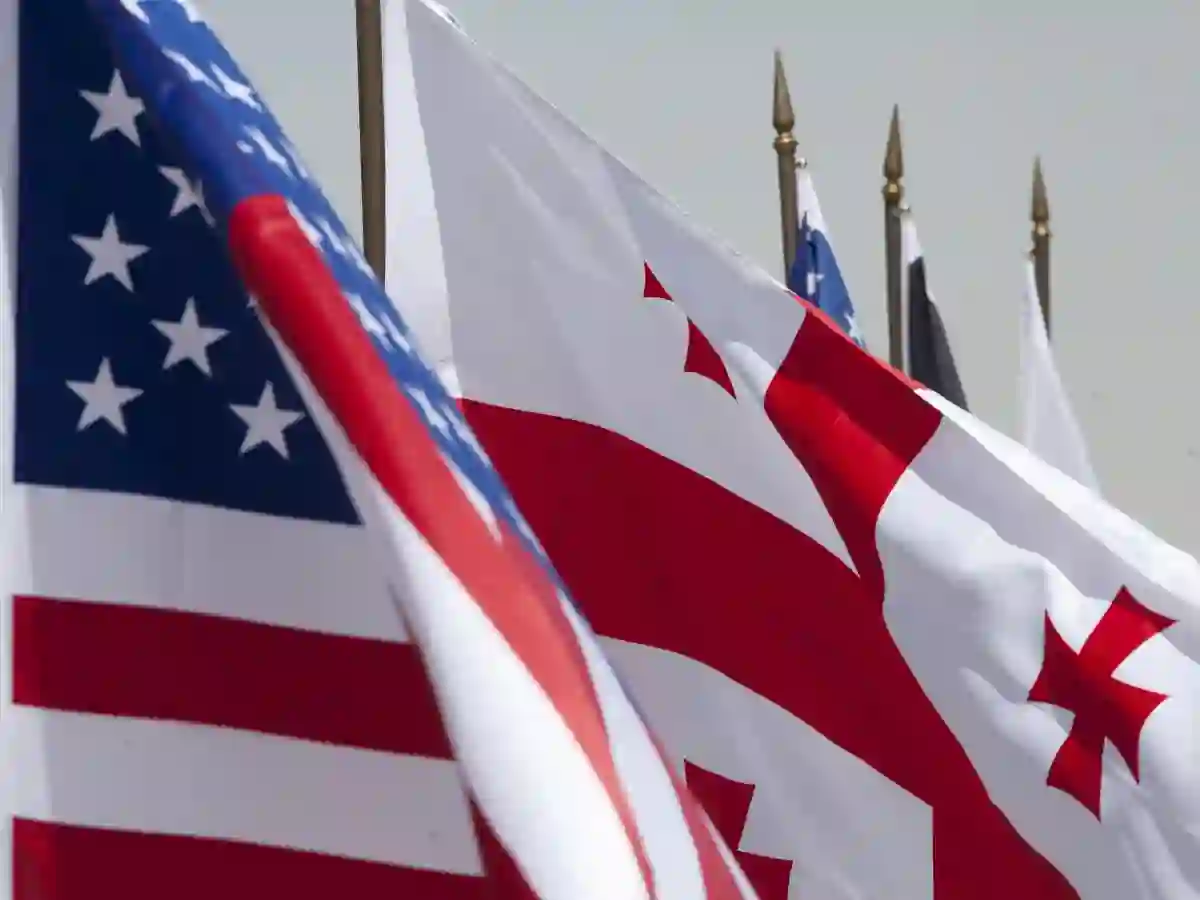Seventeen years after the outbreak of the brief but deadly 2008 war between Georgia and Russia, tensions around the causes of that conflict are flaring up again—this time with bold accusations from Georgia’s own prime minister.
Kobakhidze Blames a Hidden Power Structure
Speaking on the anniversary of the war, Georgian Prime Minister Irakli Kobakhidze stirred controversy by accusing a “deep state” of orchestrating the conflict.
He claimed that then-president Mikheil Saakashvili’s administration, which he described as anti-democratic and violent, was acting under the influence of this shadowy power network.
According to Kobakhidze, “The anti-democratic, bloody regime of Saakashvili started the war on orders from the deep state.”
He even suggested that people look to former U.S. President Donald Trump for a better understanding of how such a system operates.
The 2008 Conflict and Its Toll
The war broke out on August 8, 2008, when Georgian forces launched an attack on South Ossetia, a breakaway region that has been a longstanding point of tension. Georgia’s offensive included shelling of the regional capital, Tskhinvali, which resulted in significant destruction and civilian casualties.
Russia responded swiftly, launching what it called a “peace enforcement operation” under then-president Dmitry Medvedev. The conflict lasted just five days but caused heavy losses on both sides and left a lasting impact on regional geopolitics.
Moscow Responds: Russia Was the “Only Restraint”
Russia, for its part, used the anniversary to restate its version of events.
Russian Foreign Ministry spokesperson Maria Zakharova said the Kremlin’s response to Georgia’s actions was both necessary and timely.
She accused Georgia of causing widespread harm, saying, “Georgia’s aggression resulted in numerous civilian casualties among South Ossetians and Russian citizens.”
Zakharova added that when the global community failed to act, “Russia was the only country to give a timely and adequate response to this treacherous attack.”
What Now?
The war may have ended in 2008, but the narratives around its origin continue to evolve—and grow more politically charged.
With Kobakhidze now openly blaming a “deep state” and reviving tensions with past leaders and international players, the debate over Georgia’s past and future direction is far from settled.
